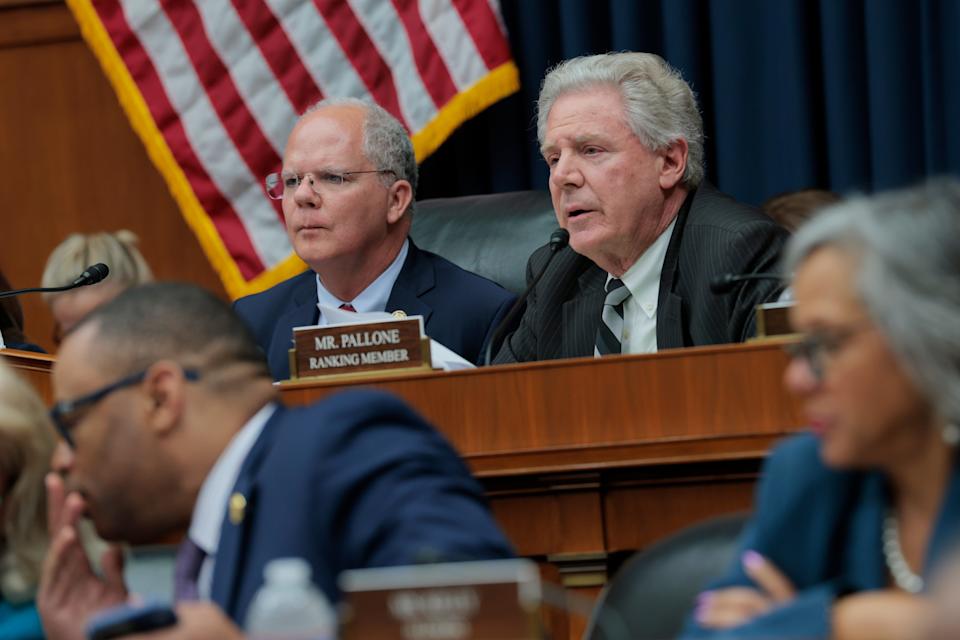Medicaid: Critical Support at Risk for Rural Families and Mothers

Medicaid is a lifeline for millions of Americans. For many low-income families and those living in rural areas, this program provides essential health coverage, making routine and emergency care possible. Recent developments, however, have raised concerns about the future of Medicaid, especially for vulnerable groups such as mothers and children.
Why Medicaid Matters for Rural Communities
Access to healthcare is often challenging in rural America. In these areas, Medicaid plays a vital role. It covers about one in four women of childbearing age living in rural regions, offering support for prenatal, childbirth, and postpartum care. Many rural hospitals depend on Medicaid funding to keep their doors open. Without it, some may shut down, leaving whole communities without access to medical services.
A recent USA TODAY article highlights the personal stories behind these statistics. For Meghan Hullinger, a mother in West Virginia, Medicaid covered lifesaving care when she developed a serious complication during pregnancy. Her experience mirrors that of thousands of women who rely on this government program to ensure safe deliveries and healthy families.
The Threat of Medicaid Cuts
Current policy debates in Congress have put Medicaid funding at risk. Proposed federal spending cuts could eliminate coverage for millions over the next decade. Rural mothers, in particular, are in danger. When hospitals lose Medicaid dollars, they may scale back services or close, forcing pregnant women to travel long distances—sometimes over an hour—to see a doctor. For many, this is simply impossible, resulting in missed care or, in the worst cases, tragic outcomes.
As reported by Medicare Rights Center, policy changes could devastate health coverage for both Medicaid and Medicare recipients. Such cuts may widen the gap in access between urban and rural residents, hitting marginalized groups the hardest.
Real Stories, Real Stakes
The consequences of Medicaid reductions go far beyond dollars and cents. The USA TODAY feature details heartbreaking stories of loss in regions where hospitals are few and far between. In some cases, women and babies have died because care could not be reached in time. Local leaders and healthcare workers warn that further cuts could increase these tragedies, as healthcare options continue to shrink.
Looking Ahead: Protecting Access and Lives
Preserving Medicaid isn't just about protecting a government program, it's about saving lives. It is critical for policymakers to understand the value this coverage brings, especially to rural mothers and children who already face steep barriers to care. As debates continue, staying informed and advocating for communities at risk is more important than ever.
For more background, Barron's coverage explains how legislative changes could affect patients, insurers, and providers alike.
Conclusion
Medicaid is more than a safety net—it's a foundation for healthy families and vibrant rural communities. Any potential cuts threaten to unravel this support, leaving those in need even more vulnerable. Staying engaged with policy updates, supporting local hospitals, and raising awareness are key steps in defending vital healthcare access for all.